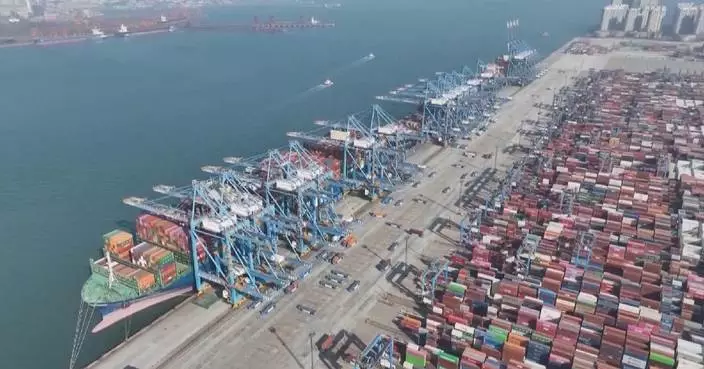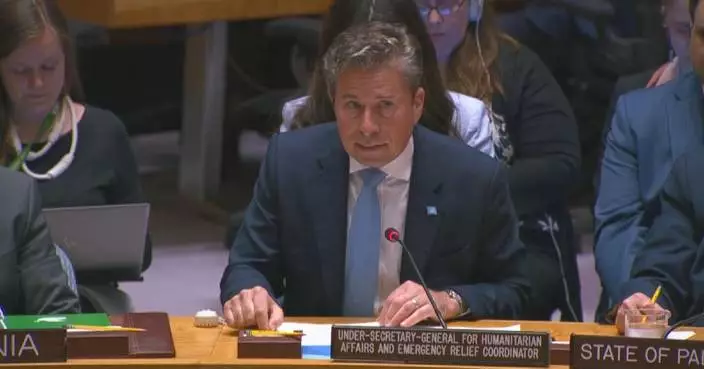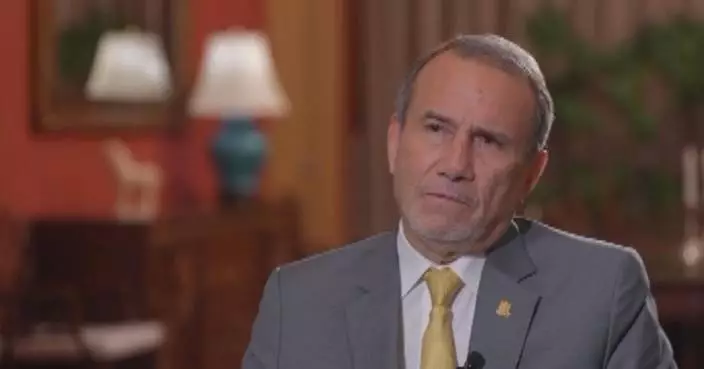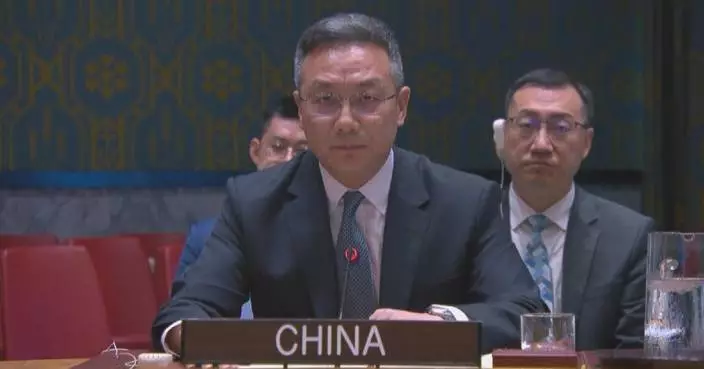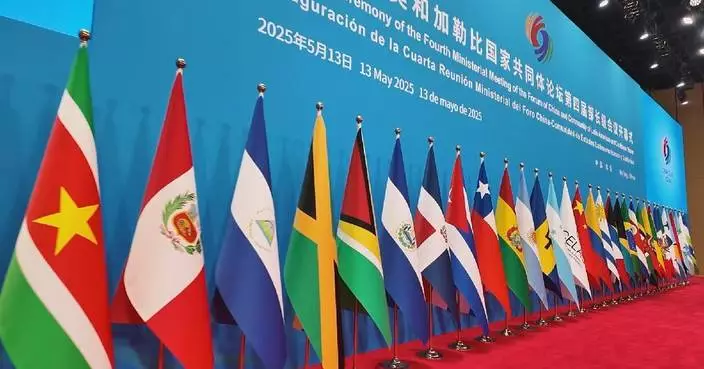The second round of Iran-United States indirect nuclear talks started in Rome, Italy's capital on Saturday, according to Iranian state television.
Earlier on the day, Iranian Foreign Ministry spokesman Esmaeil Baghaei said on social media that Iran knows that this is not an easy road, but the country will use diplomacy as a way to resolve disputes with sincerity and responsibility.
Also on the day, Iranian media said that Iran's Foreign Minister Seyed Abbas Araghchi arrived in Rome and would hold a second round of indirect talks with the U.S. on the nuclear issue.
Iran signed a nuclear deal in July 2015 with six major countries -- Britain, China, France, Germany, Russia, and the United States. Under the deal, Tehran agreed to limit its nuclear activities in exchange for sanctions relief.
However, Donald Trump unilaterally pulled his country out of the deal in May 2018 during his first term and reimposed sanctions on Iran, prompting Tehran to scale back its commitments under the deal. Since then, efforts to revive the nuclear agreement have made little progress.
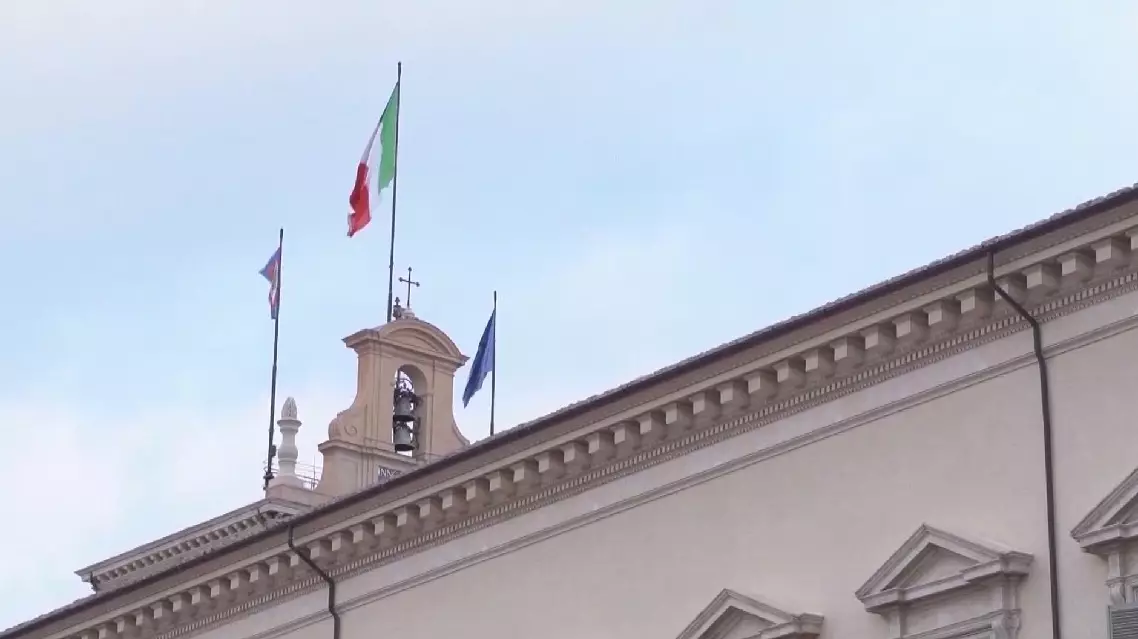
Iran-US nuclear talks begin second round in Rome: Iranian media
The agreement between the U.S. and China to mutually reduce additional tariffs has encouraged Brazil to defend its sovereignty and negotiate for reasonable tariffs, said Brazilian President Luiz Inacio Lula da Silva during his recent state visit to China.
Following a two-day high-level meeting on economic and trade affairs in Geneva, China and the United States announced Monday a series of tariff modification measures aimed at easing trade tensions between the world's two largest economies.
During a press conference on Wednesday in Beijing, Lula voiced his appreciation of the U.S.-China tariff cut, and vowed to pursue reasonable tariffs with the U.S. through negotiation and other means.
"Since the 1980s, globalization has been a keyword, and so is free trade. Suddenly some people believe they have the authority to impose taxes on everyone and everything without consent as if they control the world. However, the reality is that the world is not obligated to accept such actions," said Lula.
"Recently, we've seen a positive shift. The U.S. and China have reached an agreement, resulting in lighter taxes than before. This demonstrates the importance of defending our sovereignty. Brazilian officials know that we hope to negotiate with the U.S., and I urged them to utilize every term in our vocabulary related to 'negotiation'. But if we cannot reach an agreement, we will take reciprocal measures or appeal to the WTO to advocate for our rights. In this way, we will help create a more balanced world and ensure fairer trade among all nations," he said.
Lula paid a state visit to China on May 10-14 at the invitation of Chinese President Xi Jinping.
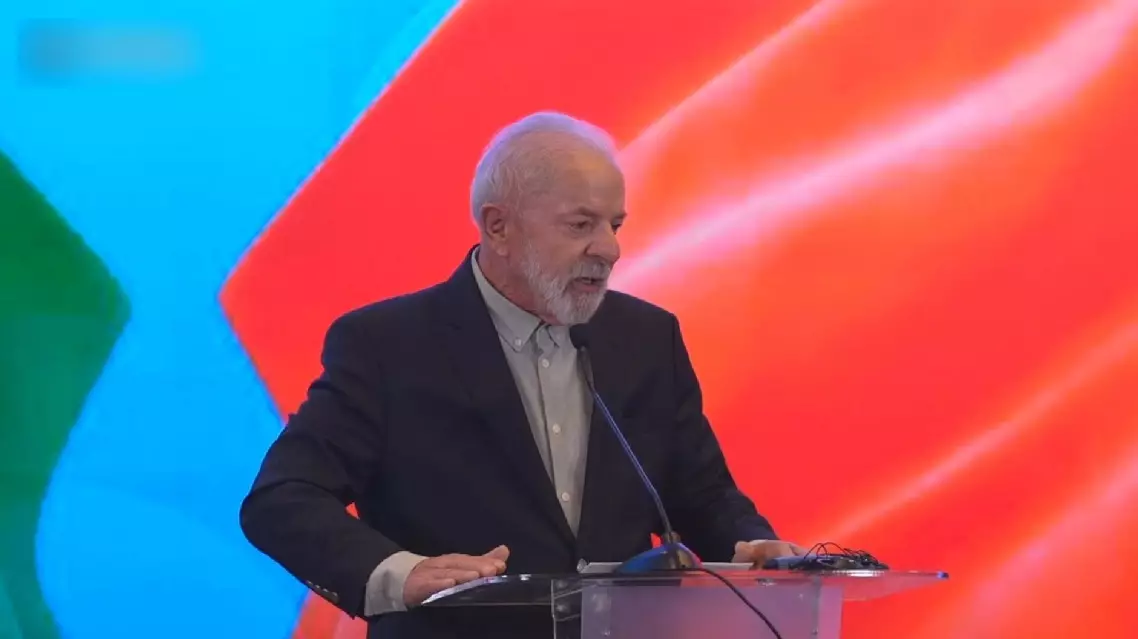
Brazil encouraged by US-China tariff cut to seek fair tariff negotiations: president





